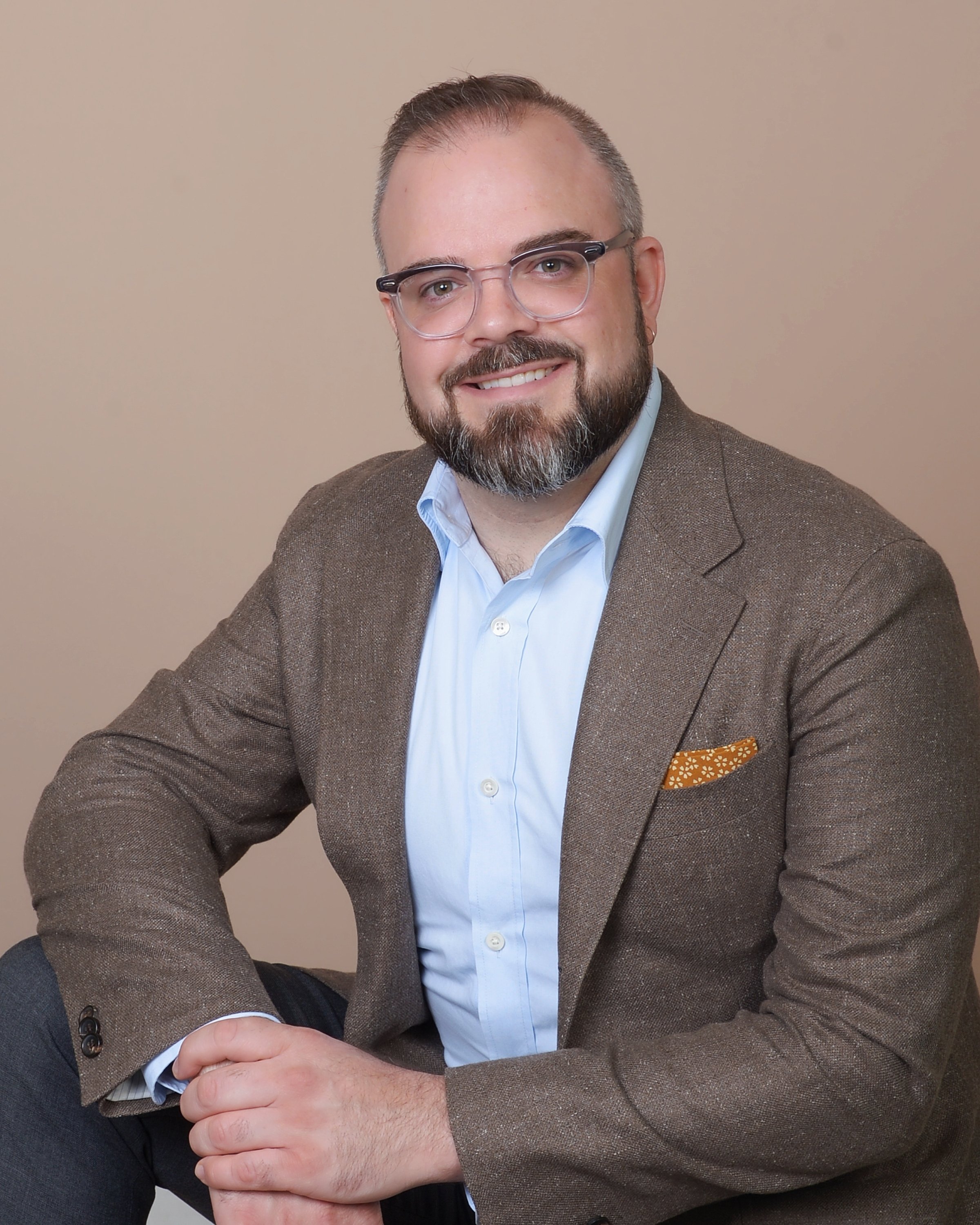Another ongoing project focuses on a wave of tobacco boycotts that spread rapidly across Western Algeria in June 1954, right on the cusp of the Algerian Revolution. While these boycotts lasted only for mere weeks, they reveal important insights about the social dynamics of popular protest and the grassroots strategies for nationalist mobilization that would later be deployed by the FLN in their struggle for national liberation. I hope to turn this micro-history into a short monograph.
